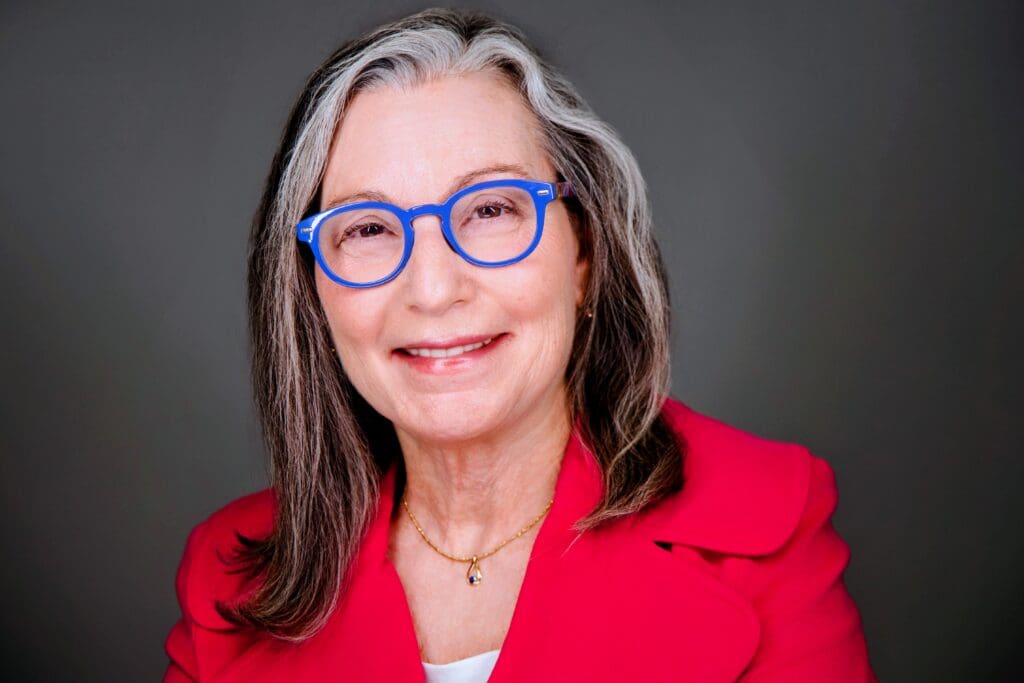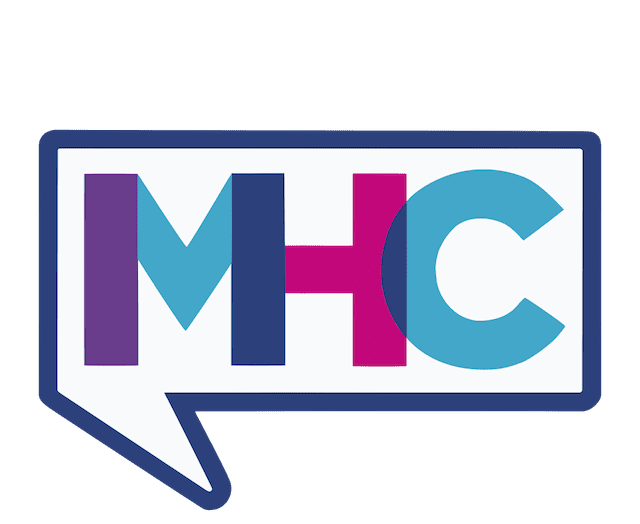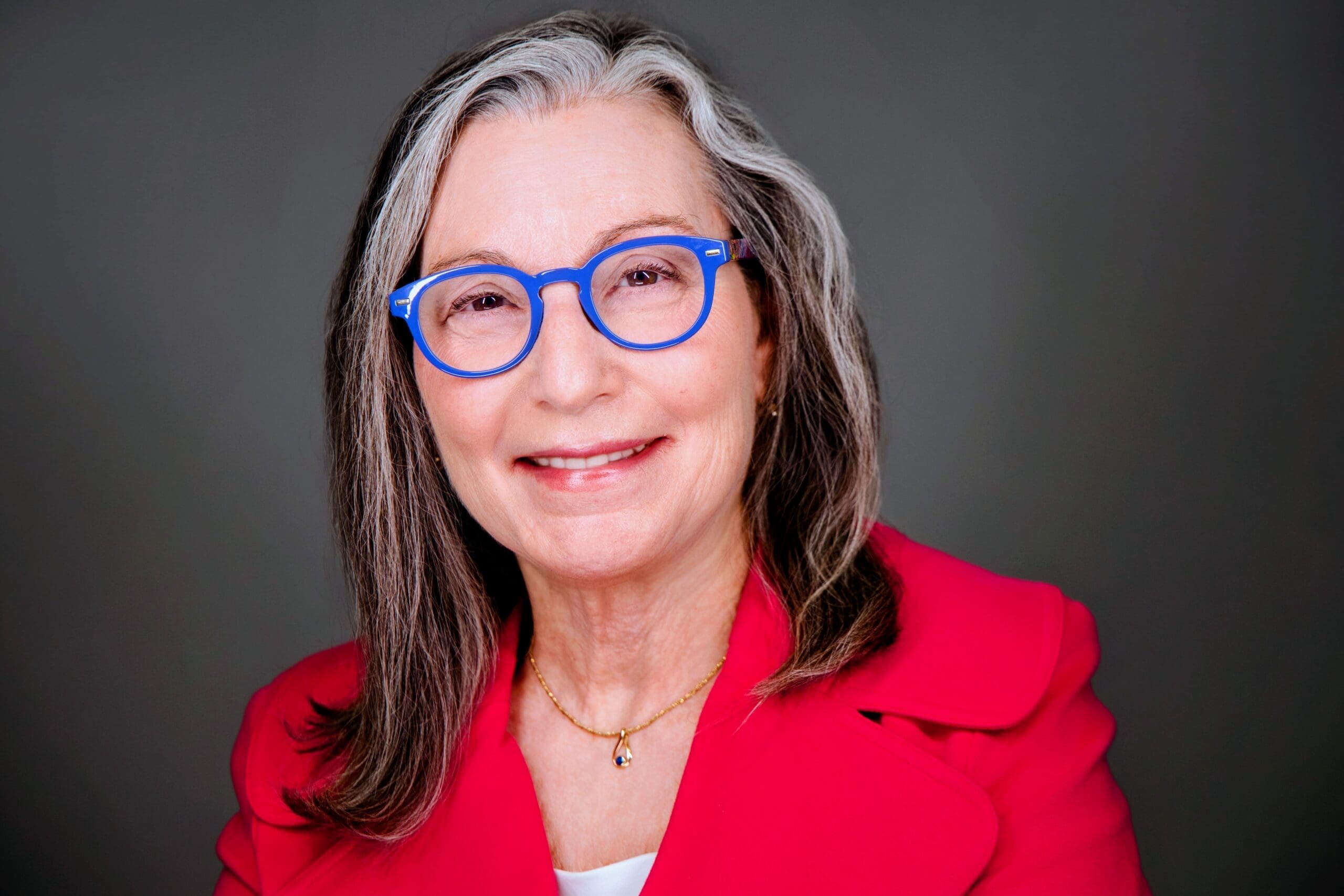Each week this month, we’ll introduce you to one of the skilled professionals who deliver our Mental Health Essentials programs in schools, workplaces, organizations, and communities. We’ll continue these spotlights beyond May to highlight the people who bring our mission to life and the meaningful impact they make daily.

Trainer Spotlight: Elena List, Clinical Trainer LICSW
Tell us a bit about you: I am a Licensed Independent Clinical Social Worker living in Massachusetts with my husband and the mother of one adult son who has his own young family. I am coming up on three years as a trainer for MHC. My career has allowed me to contribute in a number of ways, including clinical social work in health care, treating obesity and eating disorders, managing tobacco treatment related intervention programs and research, and transforming practice in primary care, including the integration of behavioral health screenings and initiatives.
What made you want to become a trainer with MHC? Having just stepped back from my full-time career, I was seeking ways to give back to my community. When I learned about MHC and its mission, it was clear this was an ideal fit with my passion for prevention, health and mental health education. I have witnessed for many years the need to combat stigma and lack of education about mental health. I feel privileged to be a part of this mission.
What needs have you seen for MHC’s mental health education programs in your community? Everywhere you go it is apparent that stigma around mental illness continues to exist, despite improvements in recent years. People are uncertain about how to talk to each other about mental health concerns and how and when to get help.
Can you share an impactful moment from a program you’ve done recently? In a recent Mental Health Essentials for Educators training there was a young woman who was visibly effected by the discussion on suicide, although we always give permission for people to step out if this topic is difficult. After approaching her, she was open about having lost someone in her life to suicide, and I was able to have the conversation with her–validate what she was feeling and remind her that we may not always see the signs but when we do, it is so important to check in with people and have the conversation.
Who is your favorite audience to train and why? I have had the opportunity to provide training to many educator and mentor groups. They are very appreciative of any new learning or insights for managing their challenges in the classroom or other settings. I especially enjoy providing specific tools and language on how to have conversations about mental health that they can take back and use. These groups will often share tips with us and each other.

